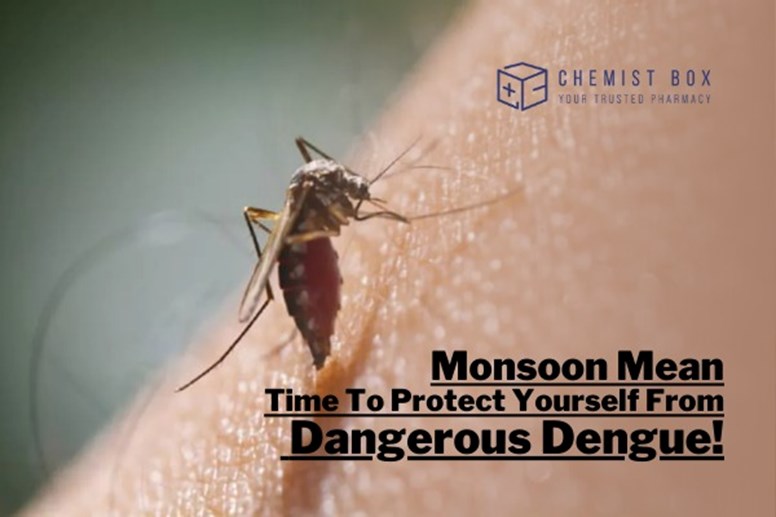
Monsoon season, simply a season to enjoy, feel the freshness of moist air, dance in rain and many other enjoyable moments. But…but…remember you also have to protect yourself from the bite of those disease causing mosquitoes!
Yes, it is known fact that during rainy season water clogs at many places, which when not drained out on time, become a favorite place for mosquitoes to breed.
These mosquitoes can be dangerous as we know that harmful and deadly disease like dengue and malaria is caused due to mosquito bite. Not only they cause such disease but these mosquitoes also act as pathogen or carrier of disease from an infected person to a healthy person.
Simply what we need to do is perform certain actions, that would stop these mosquitoes to breed in our surroundings.
Let us see what tips we must follow to save ourselves and our family members from dengue like disease this monsoon!
What Is Dengue Fever?
Dengue fever is a viral fever that is prominently caused or transmitted by the Aedes aegypti mosquito. These mosquitoes generally breed in flowerpots or stagnant water.
Opposite to the nature of malaria causing mosquitoes that bite during the night, mosquitoes that cause dengue usually bite human beings during the daytime. The fever caused due to dengue is also referred to as ‘bone break fever’, the person suffering from dengue fever experience unbearable muscle and joint pains.
When a person is infected by the mosquito, the virus circulates in the blood for 2-7 days which is the amount of time the fever takes to develop. If a person is already infected by the dengue fever, the disease can be transmitted when the first symptoms begin to appear- this usually takes 4-5 days after you are bitten.
Well, the important fact that is must to note, a person who recovers from dengue fever, they permanently get immune to the disease.
Symptoms of Dengue Fever!
Symptoms of dengue is mostly observed about 4 to 10 days after the initial infection. In many cases, symptoms will be mild. They may be mistaken for symptoms of the flu or another infection.
Common symptoms generally last for 2 to 7 days and can include:
How To Diagnose Dengue Fever?
Doctors use blood tests to check for antibodies the dengue viruses or the presence of infection. A doctor may use a virological test or a serological test.
Virological test
This test directly tests for elements of the virus. This type of testing often requires specialized equipment and a staff that’s technically trained, so this type of testing may not be available in all medical facilities.
Serological test
This test detects antibodies in the blood to confirm a current or recent infection.
If you experience dengue symptoms after traveling outside the country, you should see a healthcare professional to check whether you have the virus.
How To Treat Dengue Fever?
Well, there is no specific medication or treatment made for dengue infection.
People who feel they might have infected with dengue, they should use over-the-counter pain relievers to reduce your fever, headache, and joint pain. However, you should avoid aspirin and ibuprofen, as they can cause more bleeding.
Your doctor will perform a medical exam, and you should rest and drink plenty of fluids. If you feel worse after the first 24 hours of illness, you should be taken to the hospital as soon as possible to check for complications.
How To Prevent Dengue Infection?
The best method of protection is to avoid mosquito bites and to reduce the mosquito population. When in a high risk area, you should do the following:
Stay Informed! Stay Safe! Stay Healthy!
Thank You!
0 Items ₹ 0
| Product Name | Unit Price | Qty | Subtotal |
|---|